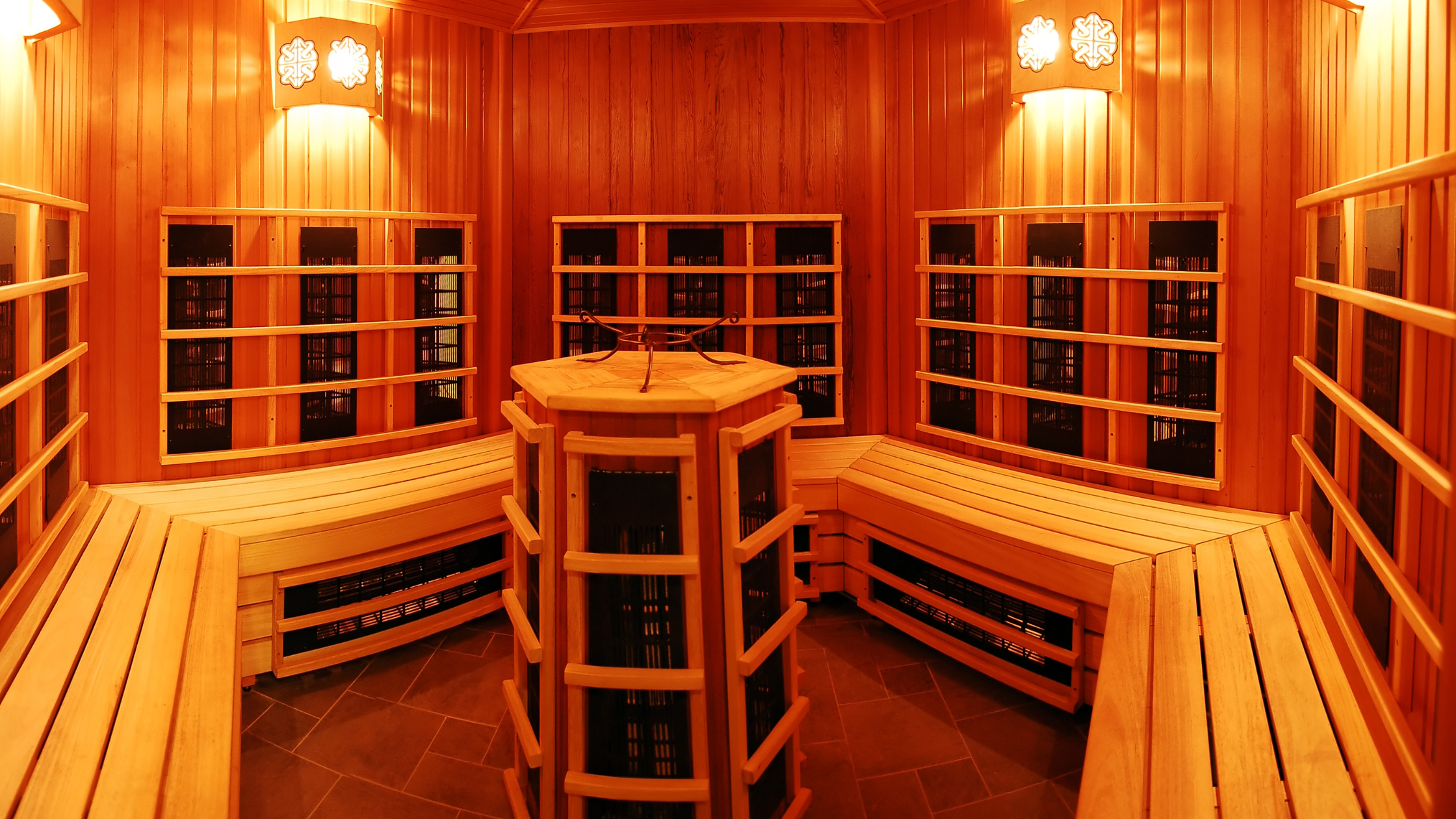When embarking on the journey of selecting a sauna, the choice of wood is crucial. Saunas are not just a luxury; they are a sanctuary for wellness. Among the various wood types used, hemlock and cedar stand out for their unique qualities. Understanding the characteristics of these woods is essential for homeowners, health enthusiasts, sauna buyers, and interior designers who seek both functionality and aesthetic appeal in a sauna.
Benefits of Hemlock for Saunas

Durability and Maintenance
Hemlock wood, known for its robustness, offers long-lasting durability, making it a wise choice for those who prioritize longevity in their sauna experience. Its resistance to decay and rot, coupled with its ability to withstand high temperatures, ensures that your sauna remains a safe and serene retreat for years. Maintenance of hemlock saunas is relatively straightforward. Its non-porous surface resists moisture and sweat, simplifying cleaning and reducing the need for frequent upkeep.
Advantages of Cedar in Saunas

Aesthetic Appeal and Longevity
Cedar, with its rich color and inviting aroma, provides a sensory experience that enhances the sauna experience. The wood’s natural oils not only emit a pleasant fragrance but also act as a natural insect repellent. Cedar's ability to resist moisture and mold contributes to its longevity, ensuring that the beauty and functionality of your sauna endure. Its aesthetic versatility makes it a favorite among interior designers seeking to create a warm and inviting wellness space.
Comparison: Hemlock vs Cedar
Cost Comparison
When considering Hemlock vs Cedar saunas, the cost is a significant factor. Generally, hemlock is more budget-friendly than cedar. However, the investment in cedar can be justified by its longer lifespan and unique aromatic properties.
Health Benefits
Both woods offer health benefits such as improved circulation and detoxification through sweating. However, cedar's natural oils are believed to provide additional therapeutic benefits, including stress reduction and respiratory relief.
Suitability for Different Climates
Cedar, with its superior resistance to humidity and moisture, is well-suited for damp climates. In contrast, hemlock’s sturdy composition makes it ideal for a range of environmental conditions.
Maintenance Tips for Hemlock and Cedar Saunas
Regular maintenance of your sauna, whether hemlock or cedar, is essential. For hemlock, occasional sanding may be necessary to maintain its smooth texture. For cedar saunas, it's important to occasionally treat the wood to preserve its natural oils and aroma.
Conclusion:
Making Your Choice
In concluding, the choice between a hemlock and cedar sauna hinges on personal preferences and practical considerations. Whether you lean towards the cost-effectiveness and simple maintenance of hemlock or the sensory richness and longevity of cedar, both choices promise a rejuvenating addition to your wellness journey.
Looking for more wellness tips and curious about sauna use? Check out our latest Sweat Decks blogs for more Health and Wellness tips


Share:
How They Work Steam Rooms
Reading in a Sauna Relaxation